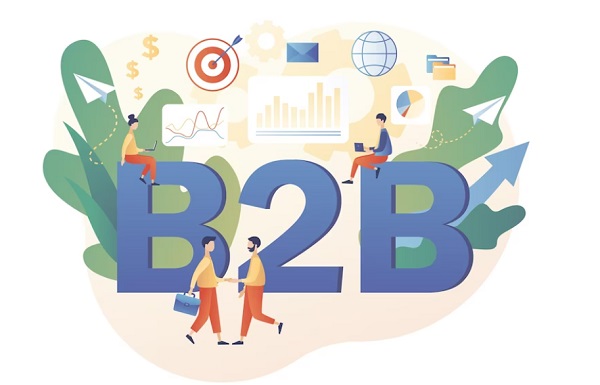
B2B Marketing: Strategies and Challenges in Today’s Business World
In today’s competitive business environment, marketing has become a crucial aspect for companies to thrive. B2B (Business-to-Business) marketing, a specialized area of marketing, is gaining significant attention for its unique approach and strategies in targeting business audiences.
What Marketing is Used for These Days
Marketing, in the modern business context, has evolved beyond traditional advertising. It’s now about creating meaningful connections, understanding customer needs, and delivering value. In the realm of B2B marketing, this involves focusing on the specific needs, challenges, and opportunities of businesses as customers.
B2B marketing strategies are often more informational and straightforward than B2C (Business-to-Consumer) strategies. The focus is on logic-driven decision-making processes of businesses, making content marketing, educational resources, and relationship building key components.
How B2B Marketing Works
B2B marketing targets the needs, interests, and challenges of individuals who are making purchases on behalf of, or for, their organization. This requires a deep understanding of business processes, the industry landscape, and the specific pain points of the target audience.
Effective B2B marketing strategies involve detailed market research, targeted content marketing, and leveraging business relationships. Channels like LinkedIn, industry-specific publications, and B2B trade shows are commonly used for marketing efforts.
3 Successful Examples of B2B Marketing
One successful example of B2B marketing is a software company providing comprehensive guides and resources that address specific industry challenges. This positions the company as a thought leader and builds trust among its target audience.
Another example is a B2B company using LinkedIn to share industry insights, trends, and company achievements, thereby engaging with other businesses and creating a network of potential clients and partnerships.
A manufacturing company offering virtual tours of its production facilities to potential business clients is another effective B2B marketing strategy. This transparent approach builds trust and showcases the company’s capabilities.

Disadvantages of B2B Marketing
One of the main challenges of B2B marketing is the longer sales cycles. Decision-making in businesses often involves multiple stakeholders and a higher level of scrutiny, leading to longer sales processes.
Another disadvantage is the limited audience pool. B2B markets are often niche, requiring highly targeted marketing efforts, which can be resource-intensive. Additionally, measuring the ROI of B2B marketing efforts can be complex due to the multifaceted nature of business transactions.
Conclusion: The Evolving Landscape of B2B Marketing
In conclusion, B2B marketing is a nuanced and complex field, essential in the modern business world. It requires a deep understanding of the business audience, a strategic approach, and the ability to adapt to the evolving business landscape. Despite its challenges, effective B2B marketing can lead to meaningful business relationships and long-term success.
